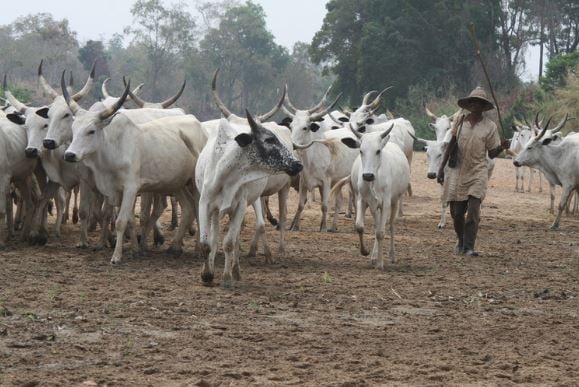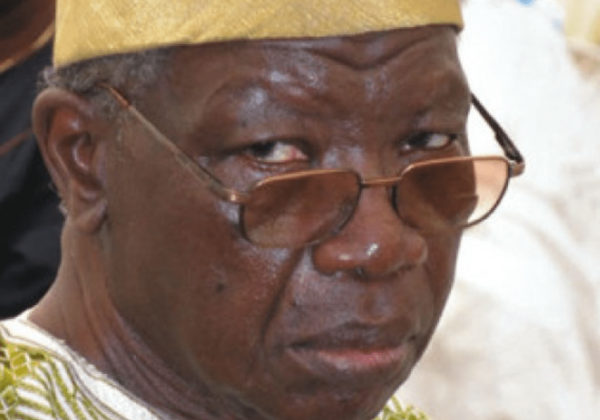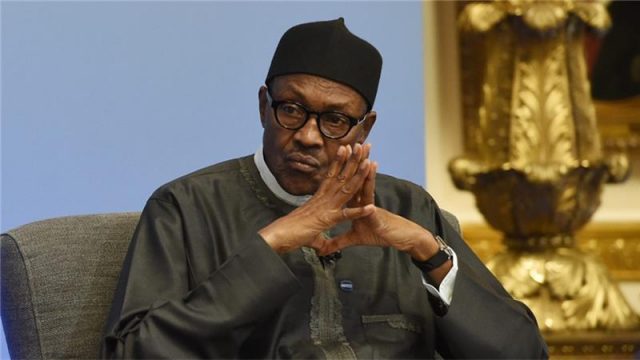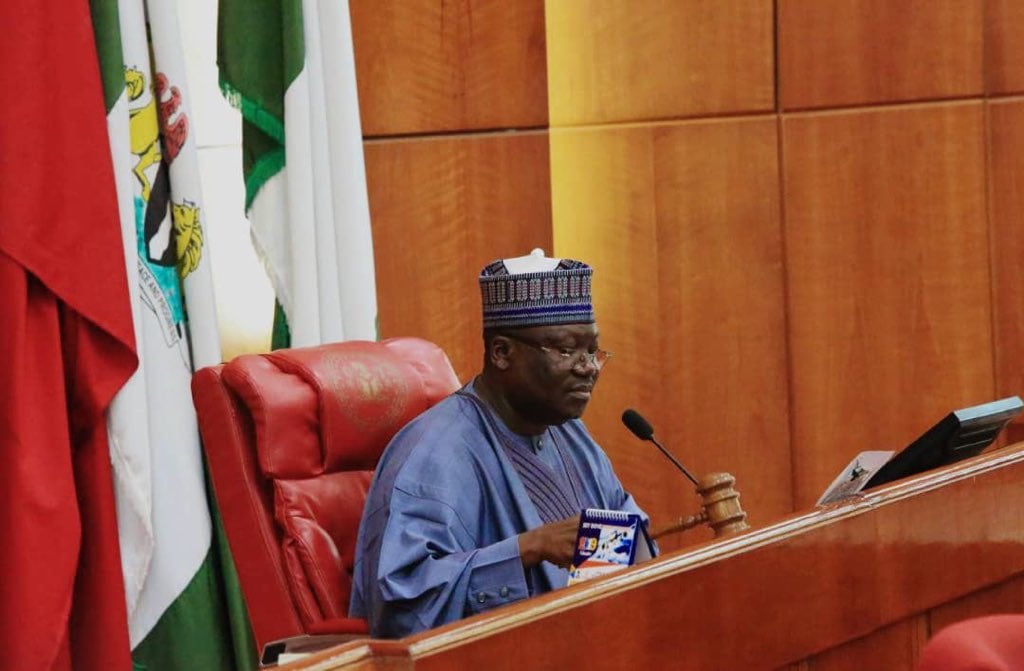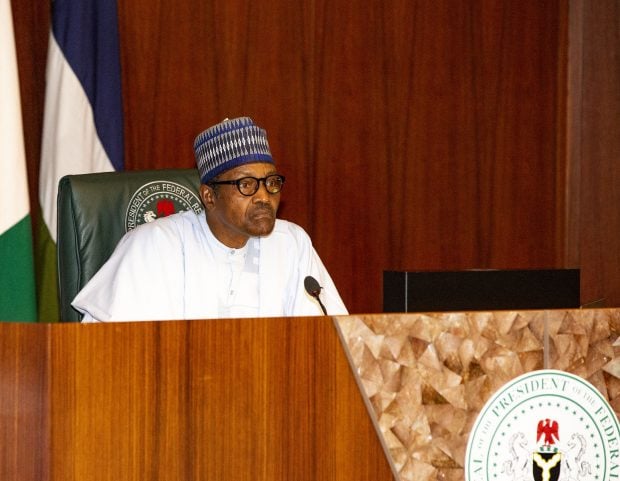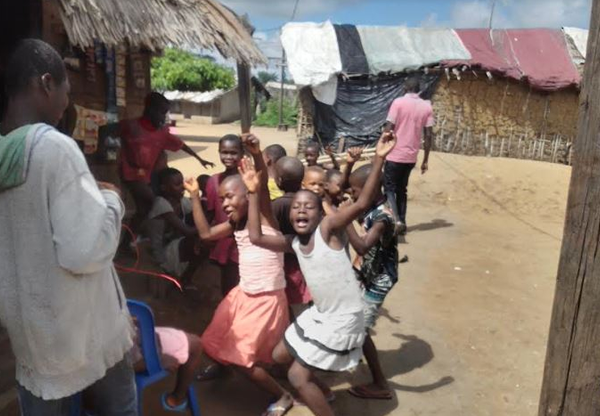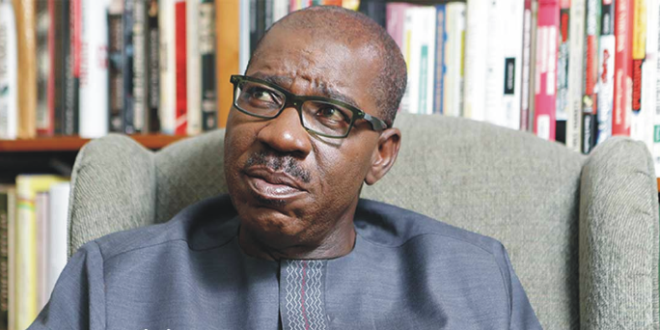If Nigeria gives half the attention it has been giving to cattle in the last five years to its children, people like my friend, Yinka Ogunde, and other members of the Concerned Parents and Educators Network would have little to worry about. She and other members of the CPEN could rest assured that the Nigeria of their dream would soon become a reality.
For some time now, public discussions has centered on the N100bn that the Federal Government allegedly offered the Miyetti Allah Kautal Hore, the umbrella body for cattle herders association in Nigeria, to placate its members. While government denied ever being in any money talk with the group, the cattle herders through its general secretary, Mr Saleh Alhassan, said the group had asked government for the money to construct ranches for members. Saleh further clarified that N100bn was approved for herders in 2014 by the Goodluck Jonathan’s administration but that the money didn’t get to the herders at the grass roots.
This is huge investment especially in a country where a paltry N2bn is usually voted for the take-off of a university. In fact, the entire budgetary allocation to the education sector in 2019 is N620bn representing 7.02 per cent of Nigeria’s N8.83trillion total budget. Yet, there were over 13 million Nigerian children out of school as at 2015. The figure would have increased since it is difficult to point to anything really being done to lower it. According to the United Nations Children Fund, one in every five out-of-school children in the world is in Nigeria.
The majority of the out of school children in Nigeria are said to be in the North, which incidentally is the region hosting the largest number of cattle herders in the country. However, while prominent bodies in the North such as the Northern Elders Forum and the Arewa Youth Council have issued statements on the plight of cattle herders and their cows, they have not shown the same level of concern about the plight of their children. Similarly, the northern governors have not seen any reason to either declare an emergency in their education sector or shift the narrative from cows to children. Give it to the Miyetti Allah group; it has done a good job fighting for its members and for the survival of their cattle business. Even when some people have said that grass is grass and that cows don’t really know the difference between a ranch and open grazing, the herders’ association is still hell bent on protecting its cows. This is why it is difficult to ignore the unavailability of a strong voice in the north championing the cause of the innocent out of school children in the region. Granted that cattle are of economic value to herders, children are also the future of this country.
Advertisement
Today, the Almajiri system holds sway in the north. But their pretentious leaders will claim the system is both cultural and religious, and therefore a touchy issue. But they send their own children to the best schools in the world. Their children don’t carry plates from house to house begging for food. Only the children of the poor do that. The poor should be the ones to preserve the so-called Almajiri culture.
We know that senior government officials have been going abroad for their children’s graduation. Vice President Yemi Osinbajo just came back from the UK where he attended his son’s graduation. President Muhammadu Buhari’s children had their own graduation in the UK years back. It is the norm for the children of Nigerian politicians to school abroad. Nigeria’s higher institutions are created for the not-so rich. Even the President once said that not every Nigerian could send their children abroad for studies and that he sent his own there because he could afford it. Naturally some people were surprised that a President who claimed to rely on yam sellers’ donation to buy his presidential nomination form in 2014, could now afford the millions of Naira required for his children’s overseas’ studies. But, the President only behaved to type.
Our leaders love good things of life which isn’t bad on its own. The only problem is that they think they are the only ones that deserve to live well. That is probably why they don’t mind superintending the collapse of public educational institutions in their country while they shamelessly enrich other countries that have turned their own education to export service. They have killed the primary and secondary schools, technical colleges, polytechnics and now public universities. They don’t care because they know their children won’t ever need these institutions. Nobody is saying a President’s or any politician’s child cannot study abroad, but definitely something is wrong with leaders that keep enriching other nations’ educational institutions while theirs are in a shambles.
Advertisement
Sometime ago, people lauded the Japanese government for making education a top priority. The citizens said they were ready to die for the country because the government was ready to go the extra mile just for them. The Japanese government earned that accolade by proving to the populace that every child mattered. For years, the Japanese railways provided services on a specific route only to ensure that a girl went to school. The Railways operated the station for two years for the girl alone until she graduated. She was the only passenger at the rail station for two years!
Honduras and Nigeria are in the same category when it comes to corruption. It is a tiny nation and one of the poorest in the Western Hemisphere. But despite being rated as one of the most corrupt countries in the world by Transparency International, it was still smart enough to do something to help schoolchildren to do better in schools when it realised that they were not performing well in international tests of academic performance. Today, its schoolchildren’s performance has improved tremendously. A recent UNESCO report comparing student test scores across Latin America shows that Honduran third graders have crept up from fifteenth to tenth place in math and reading. This is what happens when nations take responsibility to help their children.
As useful as cattle could be to Nigeria’s economy, children are of much more value. The number of out of school children in Nigeria should be a source of worry to our leaders. Federal and state governments should take responsibility and pay more attention to the plight of Nigerian schoolchildren. The case has gone beyond them paying ordinary lip service to the problem. It is time to act.
Views expressed by contributors are strictly personal and not of TheCable.
Add a comment

